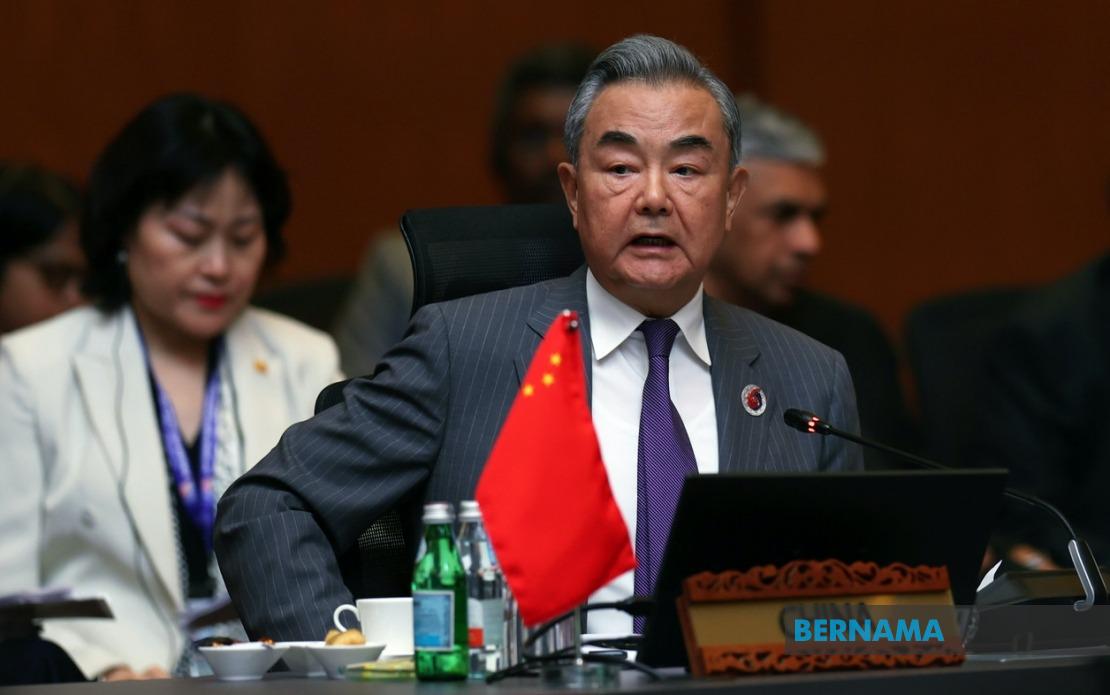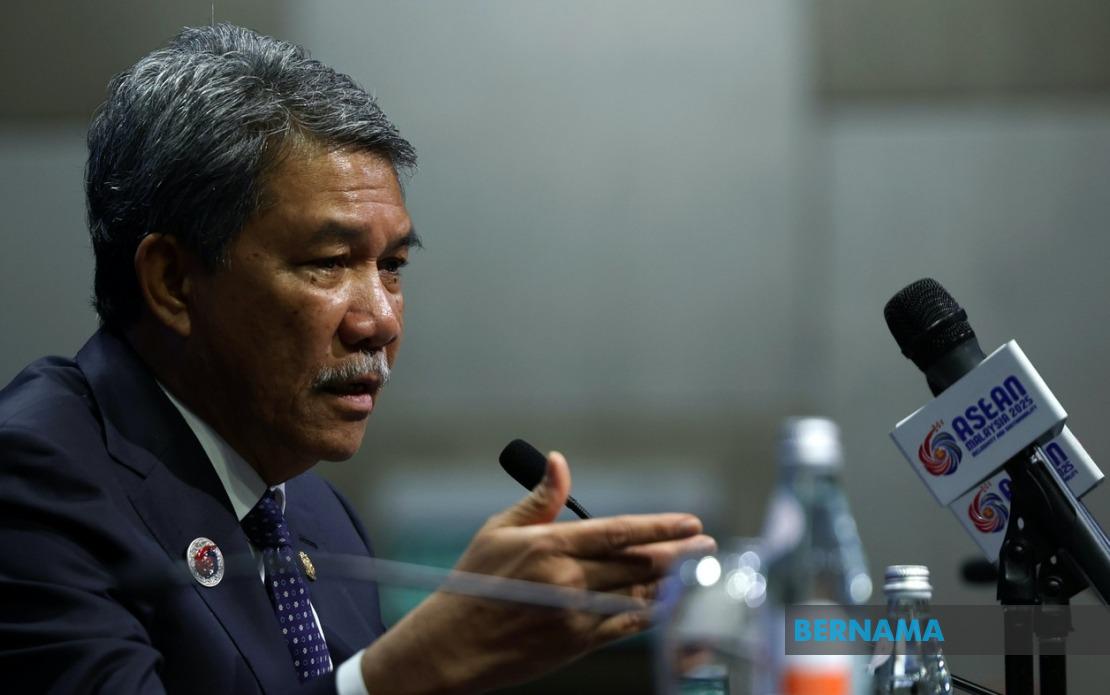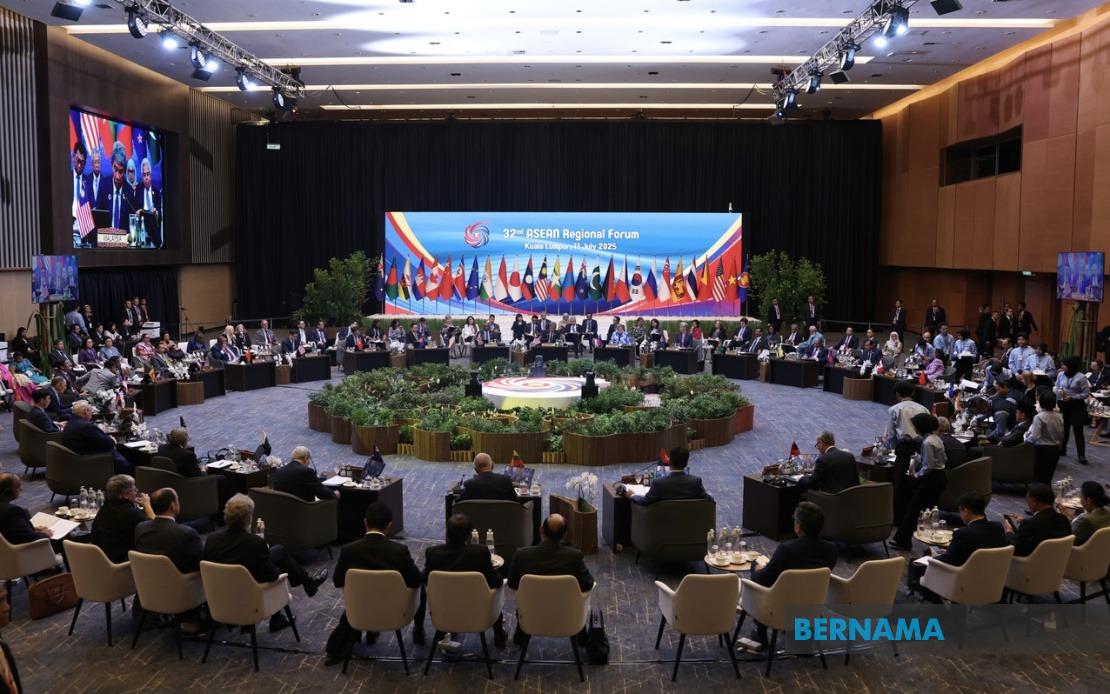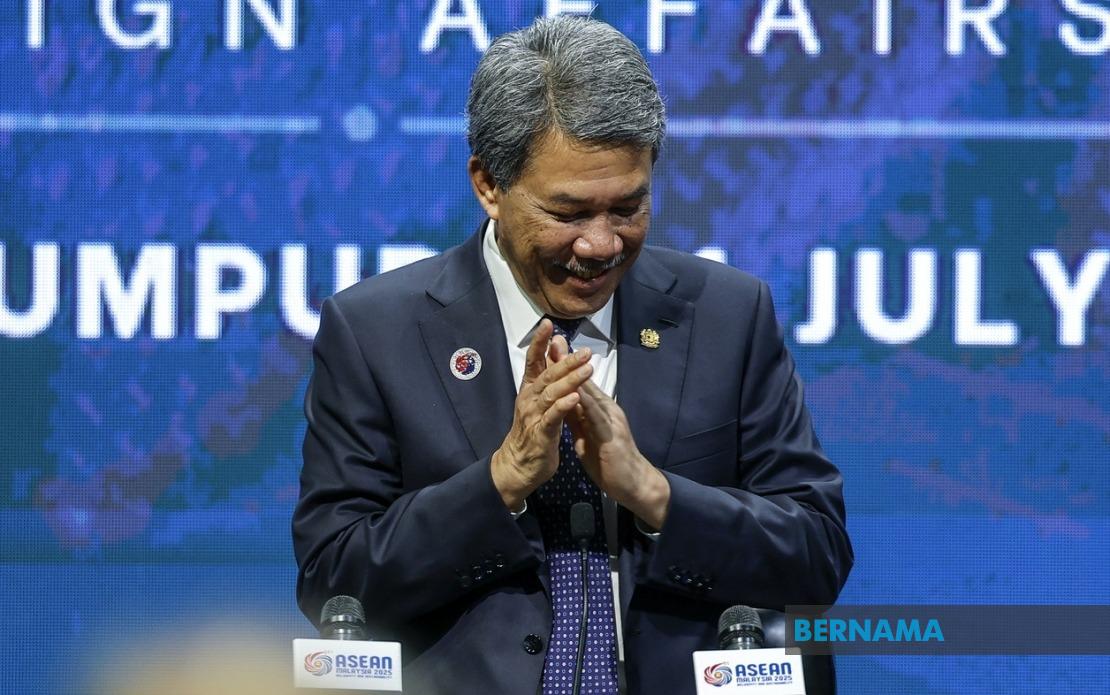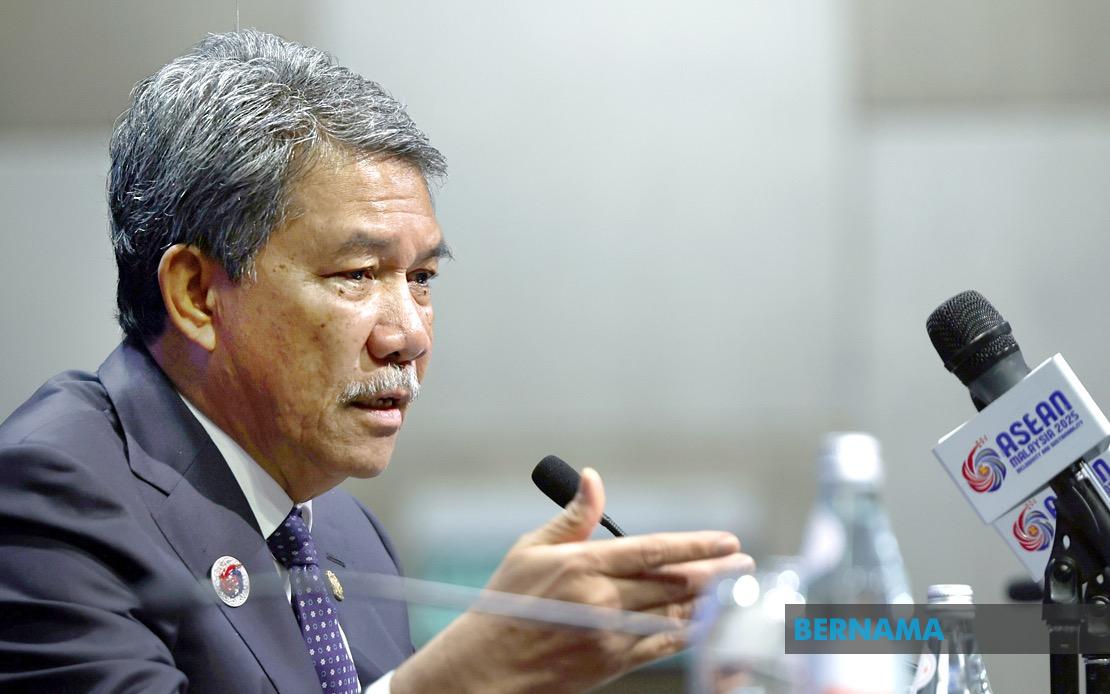ASEAN MUST DOUBLE DOWN ON INTEGRATION -- BALAKRISHNAN
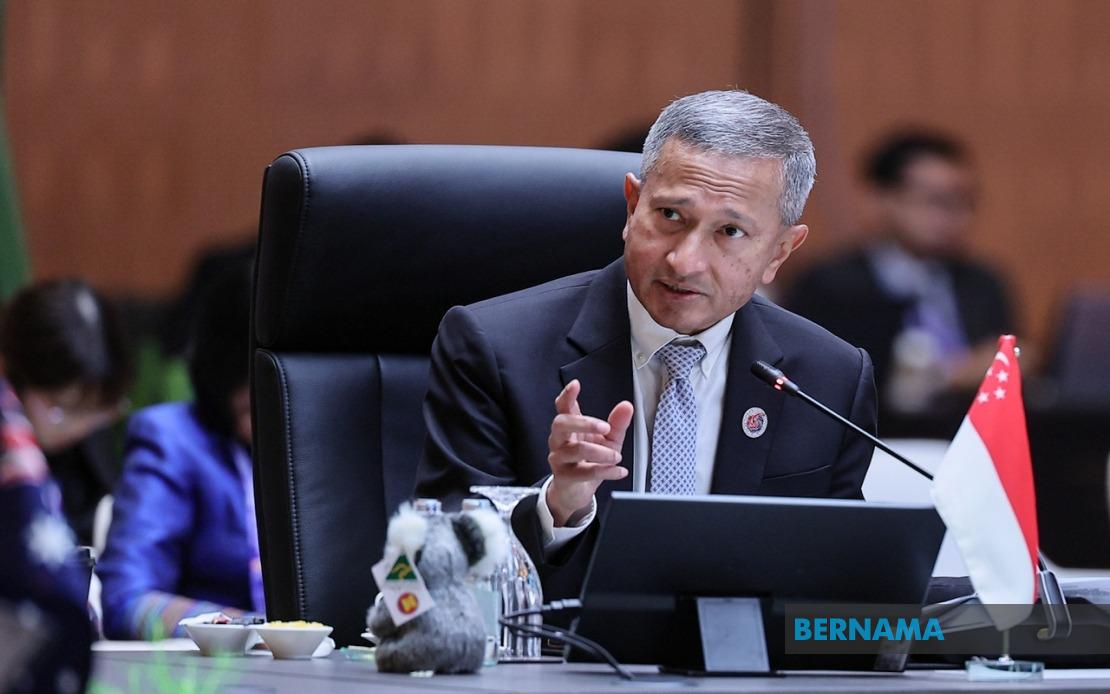
SINGAPORE, July 11 (Bernama) -- ASEAN must double down on its integration against the backdrop of geopolitical uncertainty and US tariffs, said Singapore Foreign Minister Dr Vivian Balakrishnan.
He said the grouping must ensure that it truly removes every tariff and non-tariff barriers, and optimises its competitive position.
“Because that is under our control. That is a path of no regret, and I would say the urgency and the salience of doing it now, it is so much more obvious,” he told the media on the sidelines of the 58th ASEAN Foreign Ministers’ Meeting (AMM) and related meetings in Kuala Lumpur.
The transcript of the doorstop interview was shared by Singapore’s Foreign Ministry (MFA).
Balakrishnan said the focus of the meetings in Kuala Lumpur was to increase resilience within ASEAN amid uncertainty, volatility, and economic challenges by deepening ASEAN integration and strengthening external relations with its partners.
“In a way, you can think of this as an attempt to increase resilience by increasing the stability of ASEAN’s economic ties across the world,” he said.
The minister noted that he was pleasantly surprised at the very high attendance at senior levels from the external partners, which is a good reflection of ASEAN’s convening ability.
Meanwhile, Balakrishnan noted that the Johor-Singapore Special Economic Zone (JS-SEZ) and the Johor Bahru-Singapore Rapid Transit System (RTS) Link could serve as positive models for future bilateral or multilateral integration within ASEAN.
“From an ASEAN perspective, this (JS-SEZ) also may have relevant lessons for how to do cross-border collaboration that provides competitive advantage by pooling complementary strengths,” he said.
On the Thailand-Cambodia border issue, Balakrishnan said both parties need time and secure, quiet channels to allow diplomacy to work in resolving the issue.
He added that, in his personal experience, it has never been effective to resolve difficult and sensitive issues through excessive publicity or public responses via media conferences or social media.
“I am not in a position to reveal the sensitive nature of the discussions which went on here, but I would make this point. It calls for quiet, discreet, constructive, effective diplomacy.
“Based on my interactions with all of them and my fellow colleagues in ASEAN, everyone hopes for an amicable resolution,” he said, adding that it is very unfortunate that the dispute has led to loss of life.
Thailand-Cambodia diplomatic relations was strained following the May 28 brief exchange of gunfire between soldiers of both countries stationed near the Preah Vihear province in northern Cambodia, killing one soldier.
-- BERNAMA
